UK government 'should have stakes' in oil and gas industry
- Published
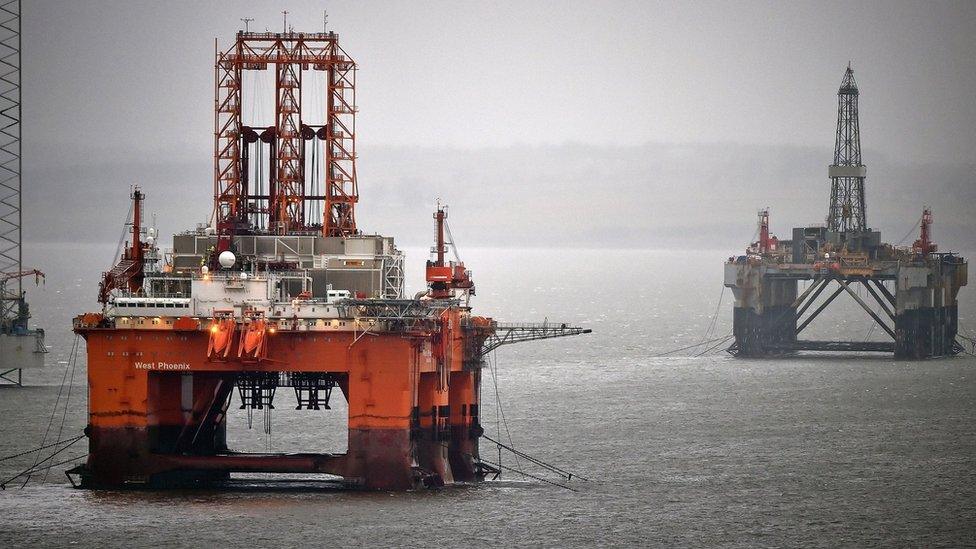
The UK government should take stakes in North Sea oil and gas assets that are strategically important but at risk of abandonment, according to Scottish Labour's leader.
Kezia Dugdale wants to see as much as £100m invested in retaining capacity for ageing oil fields.
That would be at least until the oil price rises to a level at which they return to financially viability.
Ms Dugdale's spokesman said she had backing from Jeremy Corbyn's team.
In an unusual move, the Scottish Labour leader is setting out a policy that is effectively a spending commitment for her Labour Party colleagues at Westminster.
The idea is a response to concerns in the oil and gas industry that low prices could mean pipelines and hub facilities within clusters of fields could be closed down.
As Sir Ian Wood spelled out in his report for the UK government on "maximising economic recovery" of oil and gas reserves, that could lead to remaining reserves being cut off from essential routes to market, and no longer viable for development.
Strategic importance
Kezia Dugdale's initiative comes ahead of the Budget at Westminster, for which the chancellor, George Osborne, is under pressure from the Scottish government and the offshore industry to cut taxes further, and to provide incentives for exploratory drilling.
Ms Dugdale is proposing that the government should set up a public company called the UK Oil Investment Limited (UK Oil)
It would work with the industry and the new regulator, the Oil and Gas Authority, to identify assets of strategic importance and at risk of premature shut-down due to the low oil price.
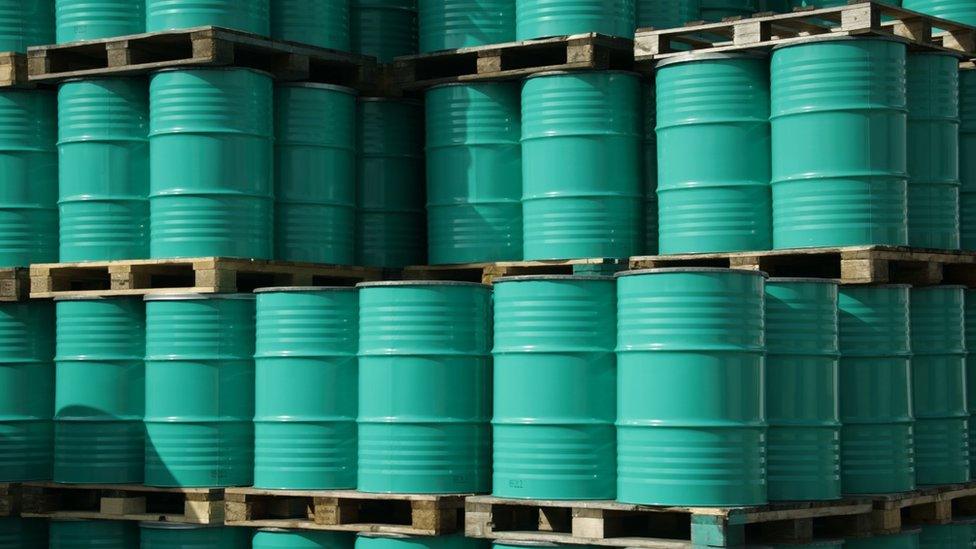
The Scottish Labour leader has suggested that UK Oil would invest, along with industry, in those assets that have long-term viability and profitability.
The criteria would set the cost of investment against the costs of not intervening - for companies, employees and tax revenues.
However, there would be a risk of losses on the ageing assets, and complex issues around the very high costs for decommissioning.
Such a system could also be manipulated by the industry to avoid the costs of keeping assets in operation, when these are ageing, with high maintenance costs.
'Share the risk'
And having taken stakes in assets, the government could also face a share of the high costs of operations and maintenance.
A review of the investment would be triggered when the oil price reaches $60 per barrel for a sustained period. It is currently trading at about $40.
It has recently fallen below $29, having been as high as $115 less than two years ago.
Kezia Dugdale said: "This Budget has to see the chancellor invest in the future of Scotland.
"Recent figures showed how sharply revenues from oil and gas have fallen in recent years. The low oil price means a continued risk to Scotland's economy and to jobs across the country.
"The oil and gas industry, including workers, have been calling for more support for investment. Tax cuts will not go far enough - we need real support to ensure that North Sea assets are not lost because there is a lack of support for investment."
"We believe that the UK government should step in and share the risk when times are tough.
'Tough times'
Commenting on the proposed investment initiative, Labour's Shadow Chief Secretary to the Treasury, Seema Malhotra, said: "At tough times such as these, the UK government should step in to support our oil and gas industry as an essential part of the UK and Scottish economy.
"We need to do all we can to protect jobs and to make sure that important assets in the North Sea are protected for the future and not decommissioned early.
"Labour would support investment in the industry to make sure that there is a bright future for the North Sea when oil prices begin to recover."
In the 1970s, the Labour government, led by Harold Wilson and Jim Callaghan, took stakes in the North Sea offshore industry, including a large share of BP and also through a state-owned oil corporation.
These were sold off under Margaret Thatcher's government, so that the benefits to government from North Sea oil have only been through taxation.
Other countries, notably including Norway, invested heavily in their energy industries, from which the profits helped them build up sovereign wealth funds.
- Published23 February 2016
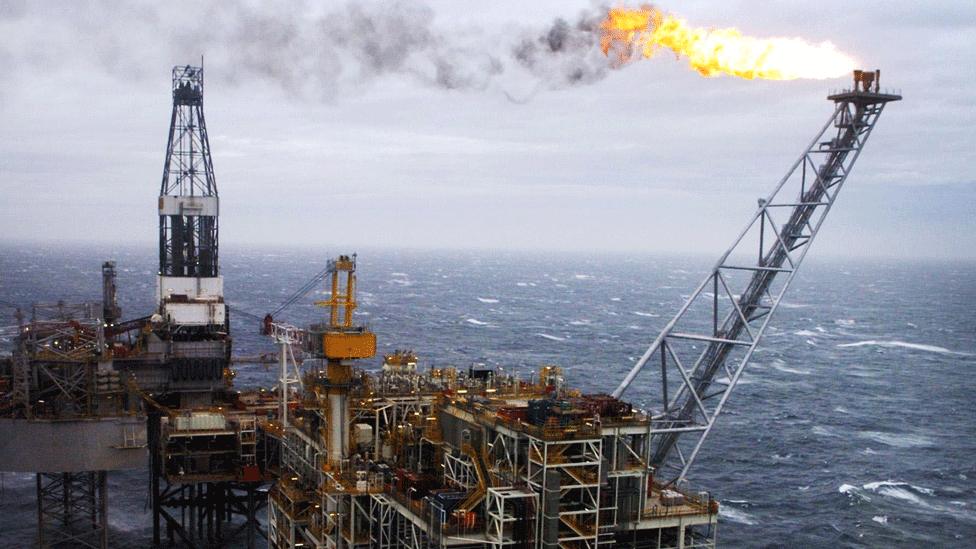
- Published23 February 2016
- Published10 February 2016
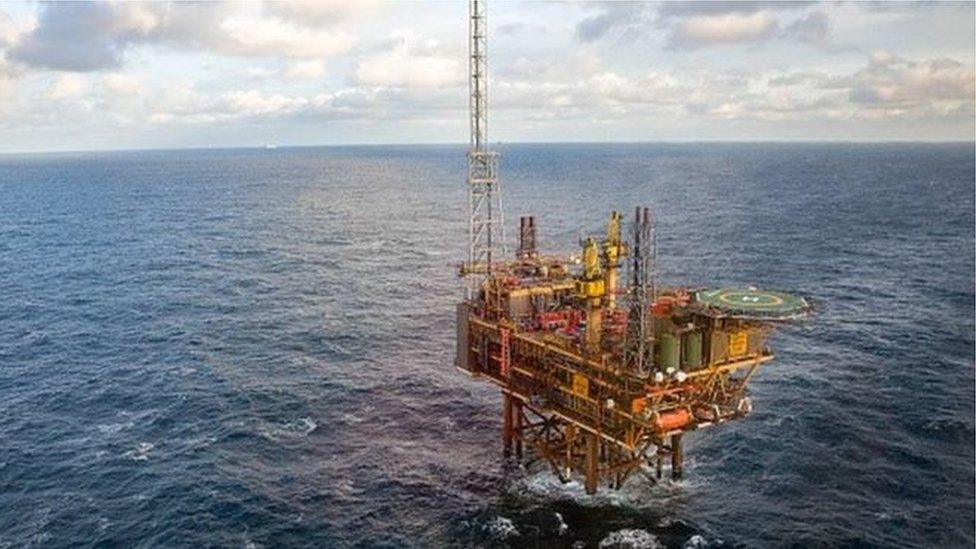
- Published25 January 2016
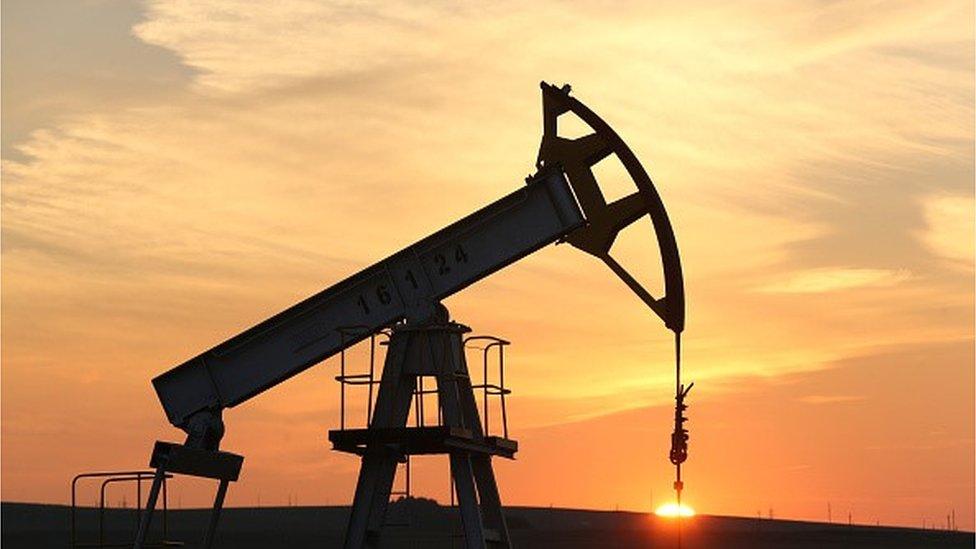
- Published22 January 2016

- Published22 January 2016
